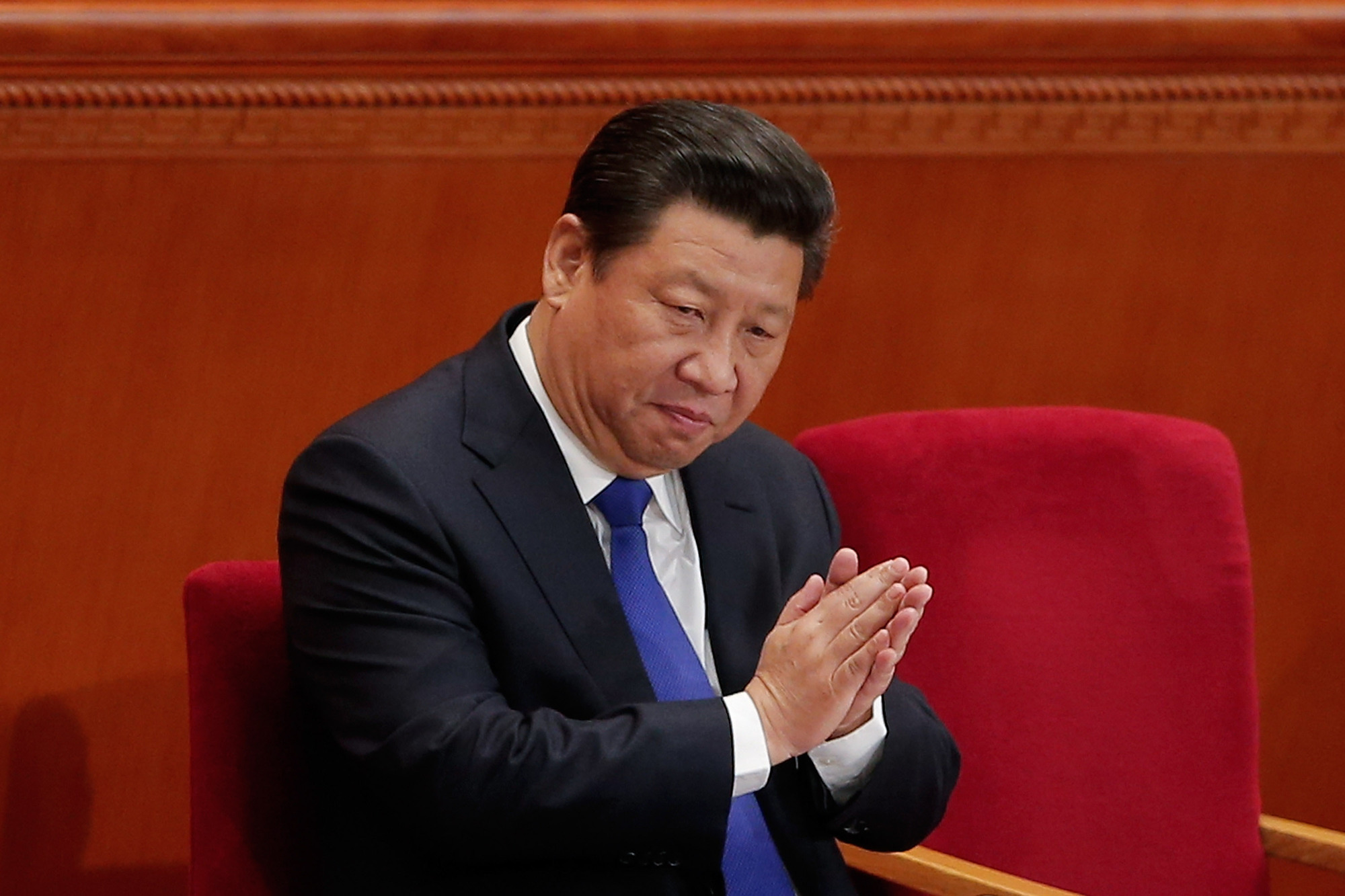Taiwan’s soon-to-be President Lai Ching-te was always going to face a difficult challenge. As the face of the pro-sovereignty Democratic Progressive Party (DPP), he has to reckon with a legislative chamber controlled by the China-friendly opposition, the Kuomintang (KMT) and Taiwan People’s Party (TPP). Such a dynamic is never easy to manage, but Lai has been dealt his first political crisis before even being sworn in.
On Friday, a brawl erupted in Taiwan’s legislative chamber over an opposition bill proposing to increase the power of the legislature. One of the DPP lawmakers took the document and tried to run out of the hemicycle with it, leading to fights that left various members of the Legislative Yuan having to receive medical treatment. Videos of the event went viral, prompting hundreds of DPP supporters to gather outside.
The proposed bill requires a mandatory annual State of the Nation address by the president in the legislative chamber and on-the-spot questioning by lawmakers, changing the current optional and delayed response system. The DPP argues that these sessions would be unconstitutional, adding that the KMT was using its majority in the chamber to rush a vote on the bill without time to amend and debate the bill properly. The opposition remarks that the bill has been discussed for weeks, and the DPP is just trying to subvert the will of the hemicycle.
Brawls are not uncommon in Taiwanese politics. But the ongoing protests have created a degree of internal strife that, with the looming threat of China’s invasion, Taiwan cannot afford. When thinking about how the internal politics of the island would impact Beijing’s calculus for invasion, a strong DPP is often seen as the major risk factor. The reality is that a scenario where the KMT and TPP have control of certain institutions could be even more volatile.
The DPP was born as a protest party from the democratic opposition during the last years of the KMT regime. After almost a decade in power, the DPP has gone through a process of institutionalisation. However, its sympathisers remain much more likely to protest when their party lacks institutional power.
Long-lasting disruptions of Taiwanese institutions by pro-DPP forces could open a political crisis in Taiwan resembling what Ukraine experienced after Euromaidan. The Maidan revolt of 2014 overthrew the elected government of President Viktor Yanukovych who, regardless of his ministry’s corruption, remained the legitimate president of Ukraine in the eyes of voters. His downfall opened a wound in the country’s society that, through Moscow’s support, led to the separation of Eastern Ukraine, paving the way for Vladimir Putin’s invasion in 2022.
If the legislative action of the KMT and the TPP is constantly obstructed by the DPP and its grassroots, opposition supporters will increasingly feel that their votes aren’t respected. That will diminish their confidence in Taiwan’s democratic system and solidify internal polarisation. In this scenario, Xi Jinping could mimic Putin’s playbook in Ukraine by exploiting this strife, positioning himself as the protector of an aggravated part of Taiwanese society and accusing the other side of being part of “foreign hostile forces” that want to take over the island. This could then be his justification for an invasion.
On 21 May, debate over the controversial bill will resume, and DPP supporters have already called for new protests surrounding the Legislative Yuan. China is unlikely to take immediate action in the present crisis, but the fact that lawmakers have already got physical over one of the first bills of the new term sets an ominous tone for Ling Ching-te’s Taiwan. How the Taiwanese political class is able to manage its differences might be crucial for the future of the island — and the world.











Join the discussion
Join like minded readers that support our journalism by becoming a paid subscriber
To join the discussion in the comments, become a paid subscriber.
Join like minded readers that support our journalism, read unlimited articles and enjoy other subscriber-only benefits.
Subscribe